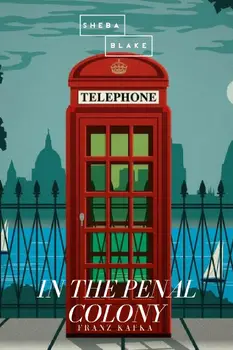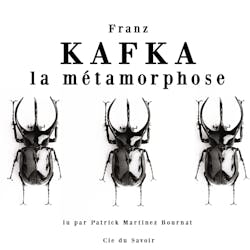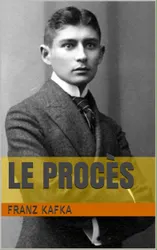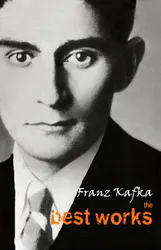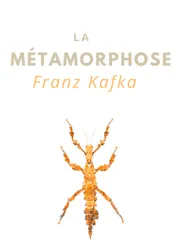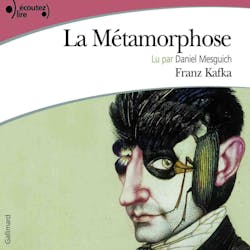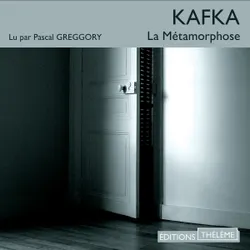In the Penal Colony is a short story by Franz Kafka written in German in October 1914, revised in November 1918, and first published in October 1919. The story is set in an unnamed penal colony. Internal clues and the setting on an island suggest Octave Mirbeau's The Torture Garden as an influence. As in some of Kafka's other writings, the narrator in this story seems detached from, or perhaps numbed by, events that one would normally expect to be registered with horror. "In the Penal Colony" describes the last use of an elaborate torture and execution device that carves the sentence of the condemned prisoner on his skin before letting him die, all in the course of twelve hours. As the plot unfolds, the reader learns more and more about the machine, including its origin and original justification. The story focuses on the Explorer, who is encountering the brutal machine for the first time. Everything about the machine and its purpose is told to him by the Officer. The Soldier and the Condemned (who is unaware that he has been sentenced to die) placidly watch from nearby. The Officer tells of the religious epiphany the executed experience in their last six hours in the machine. Eventually, it becomes clear that the use of the machine and its associated process of justice – the accused is always instantly found guilty, and the law he has broken is inscribed on his body as he slowly dies over a period of 12 hours – has fallen out of favor with the current Commandant. The Officer is nostalgic regarding the torture machine and the values that were initially associated with it. As the last proponent of the machine, he strongly believes in its form of justice and the infallibility of the previous Commandant, who designed and built the device. In fact, the Officer carries its blueprints with him and is the only person who can properly decipher them; no one else is allowed to handle these documents.
In the Penal Colony
Commencez ce livre dès aujourd’hui pour 0 €
- Accédez à tous les livres de l'app pendant la période d'essai
- Sans engagement, annulez à tout moment
Auteur(e) :
Langue :
anglais
Format :
La Métamorphose
Franz Kafka
audiobookbookLa Métamorphose - Livre Audio
Franz Kafka, Livres audio en français
audiobookLe Procès
Franz Kafka
bookLe procès
Franz Kafka
audiobookbookFranz Kafka: The Best Works
Franz Kafka
bookLa Métamorphose : une nouvelle de Franz Kafka (édition intégrale)
Franz Kafka
bookLa métamorphose :
Franz Kafka
audiobookbookLa Métamorphose
Franz Kafka
audiobookbookLettre au père
Franz Kafka
audiobookbookLa Métamorphose
Franz Kafka
audiobookbookFranz Kafka: Oeuvre complètes : Romans, Récits, Nouvelles, Théâtre, Aphorismes et Lettres
Franz Kafka
bookExistentialism: Philosophical and Literary Works : Notes from Underground. Fear and Trembling. Ecce Homo. The Metamorphosis and others
Fyodor Dostoevsky, Soren Kierkegaard, Friedrich Nietzsche, Rainer Maria Rilke, Franz Kafka
audiobook
